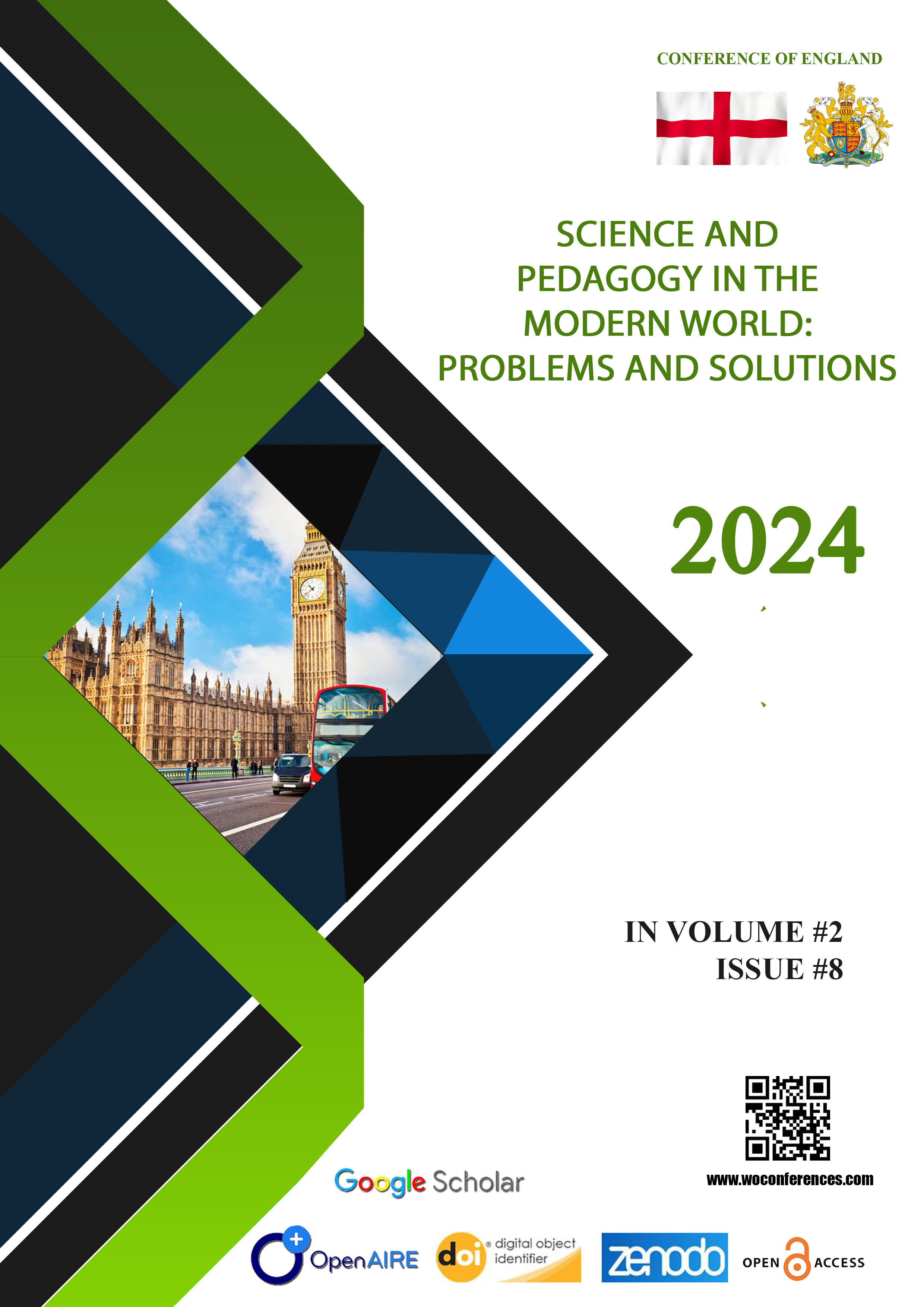THE ROLE AND SCHOLARLY-AESTHETIC SIGNIFICANCE OF EASTERN LITERATURE IN THE FORMATION AND DEVELOPMENT OF RUSSIAN AESTHETIC THOUGHT
Keywords:
Keywords: Eastern literature, Russian aesthetic thought, intercultural dialogue, literary influence, cultural exchange, philosophical aesthetics, artistic tradition, spirituality.Abstract
Abstract: This study explores the profound influence of Eastern literature on the formation and development of Russian aesthetic thought. By examining key literary interactions, philosophical parallels, and cultural exchanges between the East and Russia, the research reveals how Eastern artistic traditions contributed to shaping Russian literary aesthetics, moral ideals, and creative vision. The paper analyzes the reception of Eastern motifs in Russian classical and modern literature, highlighting their impact on the evolution of aesthetic concepts such as beauty, harmony, and spirituality. Ultimately, the study underscores the significance of intercultural dialogue in the enrichment of Russian aesthetic consciousness and literary philosophy.
References
1. Bashiri, I. (2001). The influence of Persian literature on Russian literature (pp. 12–47). Minneapolis: University of Minnesota Press.
2. Belinsky, V. G. (1956). Selected philosophical works (Vol. 1, pp. 88–134). Moscow: Foreign Languages Publishing House.
3. Dostoevsky, F. M. (2004). The brothers Karamazov (R. Pevear & L. Volokhonsky, Trans.; pp. 315–379). New York: Farrar, Straus and Giroux.
4. Gasparov, B. (1992). Five operas and a symphony: Word and music in Russian culture (pp. 101–128). New Haven, CT: Yale University Press.
5. Hodgson, M. G. S. (1974). The venture of Islam: Conscience and history in a world civilization (Vol. 2, pp. 211–257). Chicago: University of Chicago Press.
6. Kristeva, J. (1980). Desire in language: A semiotic approach to literature and art (pp. 142–173). New York: Columbia University Press.
7. Lermontov, M. Y. (1995). A hero of our time (P. Foote, Trans.; pp. 57–98). Oxford: Oxford University Press.
8. Lotman, Y. M. (1990). Universe of the mind: A semiotic theory of culture (pp. 54–83). Bloomington, IN: Indiana University Press.
9. Mirsky, D. S. (1958). A history of Russian literature: From its beginnings to 1900 (pp. 209–254). Evanston, IL: Northwestern University Press.
10. Pushkin, A. S. (1999). The complete tales of Belkin and other prose writings (P. Debreczeny, Trans.; pp. 22–45). London: Penguin Classics.
11. Rumi, J. (1997). The essential Rumi (C. Barks, Trans.; pp. 87–115). New York: HarperCollins.









